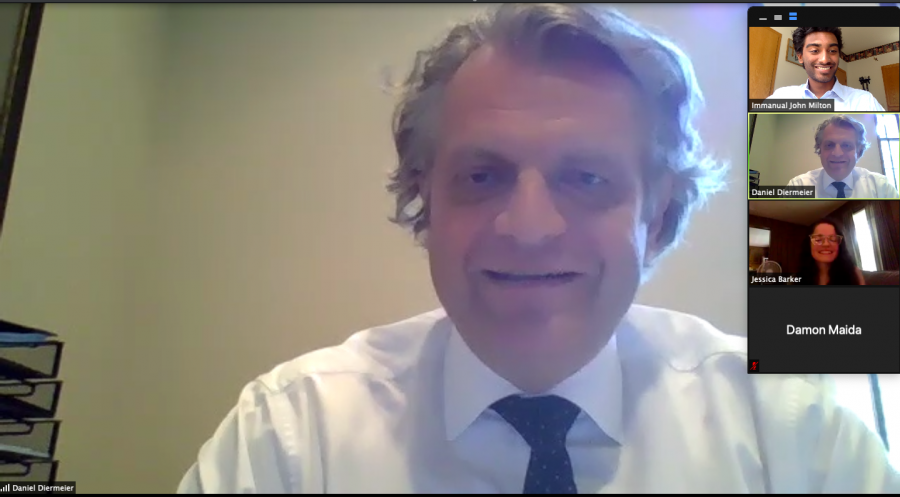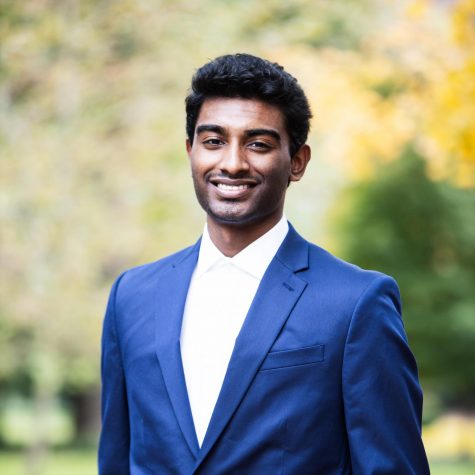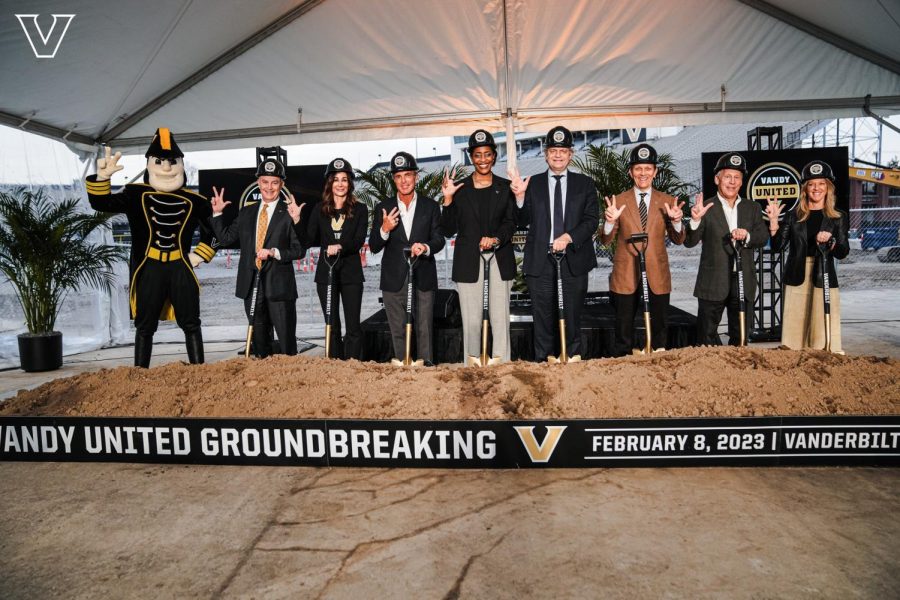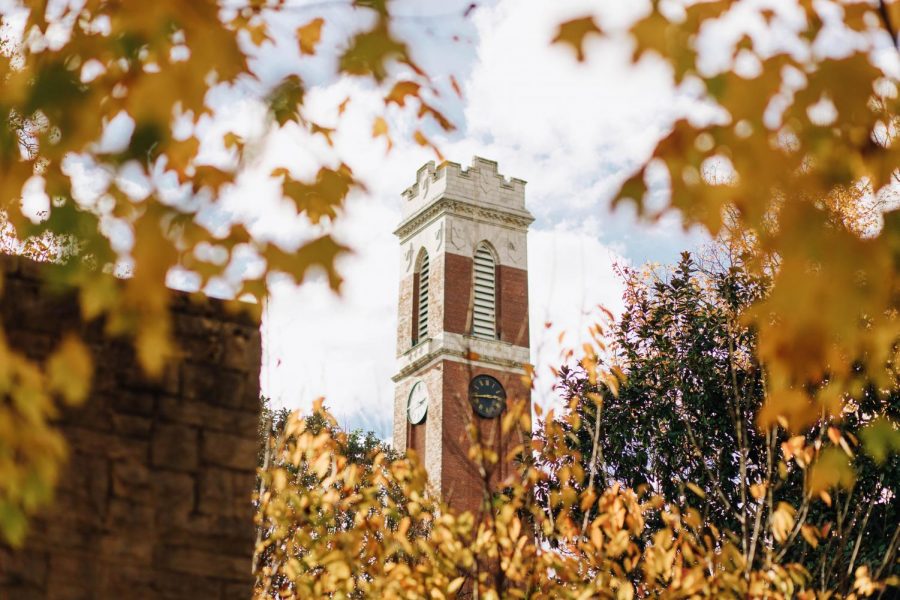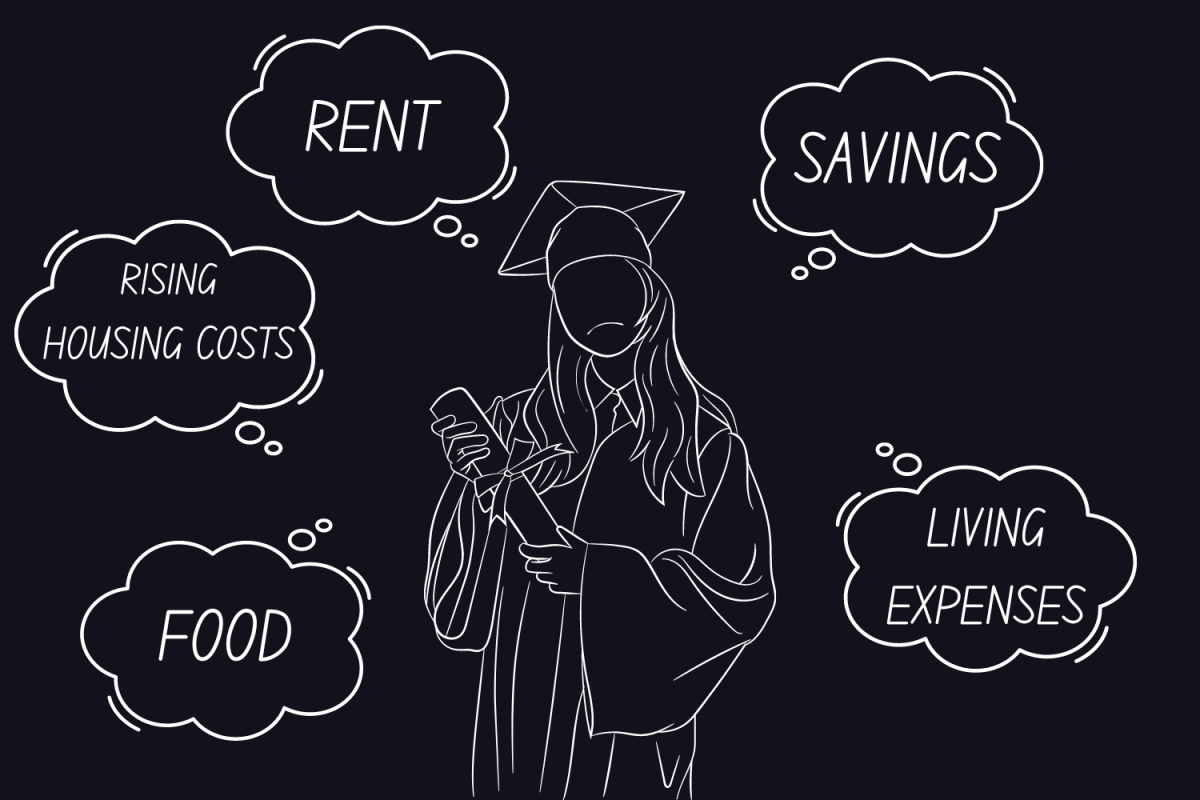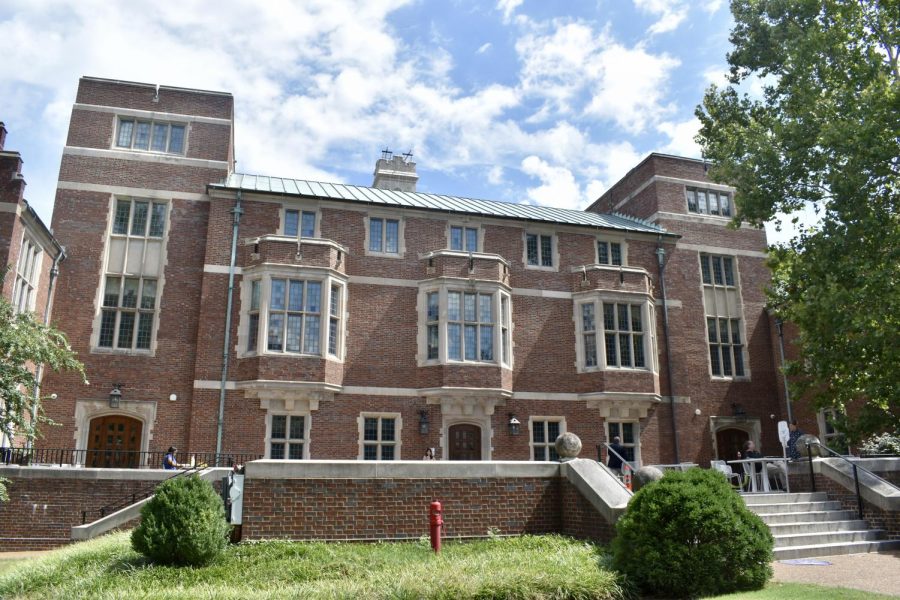Chancellor Daniel Diermeier replaced Provost Susan R. Wente’s position as Chancellor on July 1. Diermeier, former University of Chicago Provost, is the ninth Chancellor in Vanderbilt’s history, following Chancellor Emeritus Nicholas Zeppos.
The Hustler spoke with Diermeier on a June 30 Zoom call about what brought him to Vanderbilt, his role as Chancellor and concerns about student programming and campus life.
Vanderbilt Hustler: What are you most looking forward to as a new member of the Vanderbilt community? What do you hope to accomplish as a community leader?
Daniel Diermeier: This is a great university. We’re in great shape. Obviously there are tremendous challenges that not only we but almost everyone else in higher education is dealing with and has to deal with. But I would say we are in as good a position as we can [be].
I would say there are three [challenges]: public health crisis related to COVID-19, the economic consequences of that and then the third aspect is what I’m going to call a moral crisis related to racism and racial injustice. We’ll have to tackle all three.
These are tough times for everyone. This is the biggest crisis this country has faced since the Second World War and the biggest challenge this university has faced in its history and higher education has faced since the Civil War.
I am confident that we will get through this stronger and in a position to write a great next chapter in the history of this wonderful university. Sometimes people say ‘You came in here, and now you have to deal with this,’ and I like that. I think that what you want when you’re in a leadership position is you want to be able to make a difference. The team has been working so well, and in 20, 25 years, we’ll look back and say this was our proudest moment.
What has your role been thus far during this period of transition? How have you worked with the current administration including Interim Chancellor Susan Wente during this time?
Interim Chancellor and Provost Wente and I have a very close relationship. We’re basically talking every day, and we have been for a long time.
My plan originally was to have a nice and smooth transition. You read the documents, and then you talk to people. You spend more and more time on campus. That all of course was out of the window with COVID-19.
So, I spent a lot of time talking to people. Ironically the fact that we’re all doing this remotely via Zoom made it easier because you could participate more. I could participate in group discussions more. Over the weeks, I became more involved with what I would say are the big decisions that really have consequences for the next academic year and beyond.
Do you have a response to student concerns about the 2021 Commencement ceremony and the associated dates [due to work conflicts and other inconveniences]? Would you consider moving the ceremony?
This was a good plan, and there was a lot of student involvement with what we would do with [the Class of 2020 and the Class of 2021]. I think right now we’re in good shape, and what everyone has to recognize that with every decision we’re going to make, there is uncertainty. This is a form of uncertainty that’s going to last a long time. If situations change, obviously we would have a look at that, right now I think we’re in good shape there.
What drew you to Vanderbilt?
I had been following the university first as a faculty member. I was actually here in 2013 at a great conference organized by the law school. I had paid a lot of attention to the transformation and the tremendous work that had been happening in the political science department with their wonderful and fantastic faculty.
Then in my role as provost, I paid attention to some of the great initiatives that had been happening: the commitment to the residential college model, Opportunity Vanderbilt and then also the extremely careful and thoughtful way in which the medical center was spun off from the university, which was a tremendous accomplishment.
That’s what I knew about, and what I learned from the [Chancellor’s] search process was the culture. The culture of collaboration and the culture of mutual respect and community I did not know about. But it became quickly clear within the search process and has been reinforced with every interaction that I’ve had since then.
Last year before the semester moved online due to COVID-19, students grew concerned with the conditions of Campus Dining workers. Do you have any response to these concerns? What will the future of Campus Dining look like, especially in terms of the workers on campus?
This is something that is an ongoing discussion. I think there are two pieces to that. We’ve been able to avoid the drastic things that have happened with our competitors as a part of COVID-19. We didn’t have mass layoffs, and we didn’t have mass furloughs. The reason we could do that is because we are in a relatively good position compared to our peer universities. That doesn’t mean that there weren’t some tough decisions that we had to make, but I think we were really able to put our people first in this particular environment. So we’re going to work through that, and there’s going to be negotiations and discussions. We have a very capable vice chancellor, Eric Kopstain, who’s in charge of that. We’re going to come to fair decisions and outcomes.
Who would you like to invite to speak as part of the Chancellor’s Lecture Series? If unable to host it in person, would you consider hosting virtual lectures?
Absolutely. We have Caroline Kennedy, who we’re hoping to welcome. It’s a wonderful tradition. It’s a great way to bring people to Vanderbilt to have a discussion. I would hope we’re going to be able to do it in person, but if we can’t do it in person I think we’re going to commit to continuing that in a virtual format as well.
Do you have any response to the student petition to strip Professor Emerita Virginia Abernathy of her title? Do you stand with the university response sent to The Hustler and other inquiring students?
The issue there is this particular professor has not been teaching at the university for 20 years. Our commitment to diversity, equity and inclusion is strong and firm. There is a sense of academic freedom and freedom of speech that [faculty] have. She does not speak for the university. She’s an emerita and no longer a faculty of the university. We firmly disagree with what she’s saying. Our commitment to our values is firm.
Did you attend the meeting with petition creator Danielle Sutton and Interim Chancellor Susan R. Wente? What did you gain from that meeting? What is your response to the open letter, and what are your plans regarding the action items within the petition?
We had a discussion on that. I think it was a great, robust discussion. We’re on the same page in terms of our commitment. We now need to work through what we exactly want to do, and we’ll announce something soon.
The Chicago Maroon reported that you called collective bargaining a “bad process,” leading some on our campus to consider you anti-union. Do you have any response to these individuals?
We had a long discussion on the issue of graduate student unionization, which is largely about doctoral student unionization, at the University of Chicago and the role of collective bargaining in this particular context. The University of Chicago had a very cooperative relationship with over ten unions in various different areas, all the way from staff, teachers and a whole variety of different unions.
The issue of graduate student unionization is special and is specific. As you may know, there was a lot of back and forth on that from a regulatory and legal point of view. There are good reasons for that because doctoral student unionization is highly problematic. Why is that? Because the relationship between the advisor and the doctoral student is central. It has to be highly customized and highly specific to a particular program. A doctoral student in English has a very different relationship with his or her advisor than a doctoral student in the biomedical area. That ability for doctoral students to work together with their advisor is essential. And a unionized process in a collective bargaining position interferes with that relationship. We believe strongly, and I believe strongly, that this is a bad idea.
Content has been edited for clarity and length.

